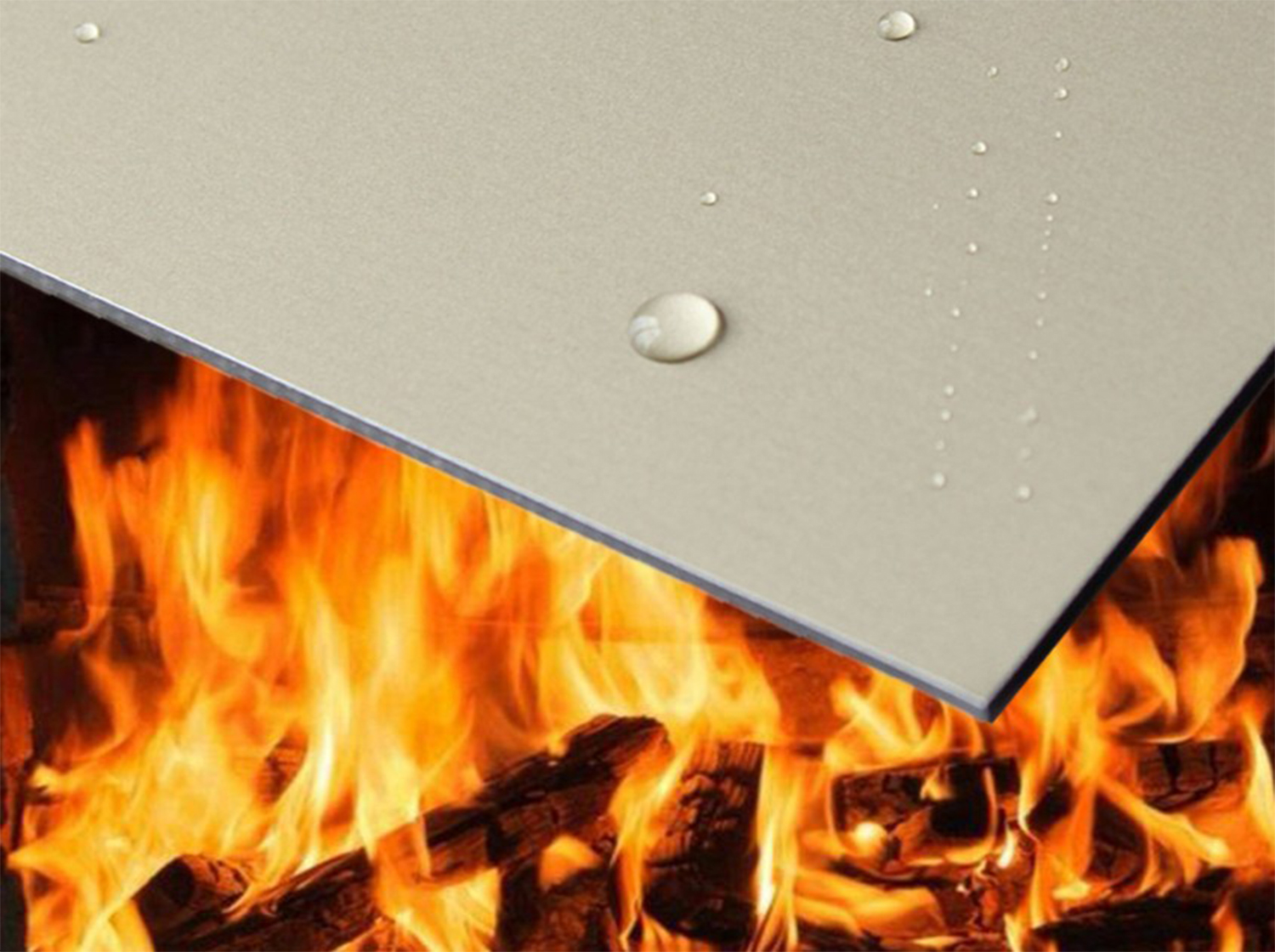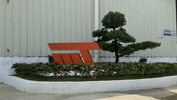Aluminum: The Fire-Resistant Wonder Metal Enhancing Safety and Reliability Across Construction, Aerospace, and Electronics
Author:Jayminton Time:2024-07-18

Aluminum, renowned for its versatility and strength, is increasingly gaining recognition for another critical attribute: its remarkable fire resistance. In industries ranging from construction to aerospace, this unique characteristic of aluminum is shaping safer and more resilient designs.
Inherent Fire Resistance
Unlike many other metals, aluminum possesses inherent properties that contribute to its fire resistance. When exposed to fire, aluminum forms a protective oxide layer on its surface, which acts as a barrier against further oxidation and heat penetration. This oxide layer effectively shields the underlying material, delaying the spread of flames and preventing structural failure. This property makes aluminum an ideal choice for applications where fire safety is paramount.
Applications in Construction
In the construction industry, aluminum's fire resistance plays a pivotal role in enhancing building safety standards. It is commonly used in Facades, roofing, and structural components where fire protection is crucial. Aluminum's ability to maintain structural integrity under high temperatures reduces the risk of collapse during fires, providing occupants with valuable time for evacuation and emergency response.
Aerospace and Transportation
In aerospace and transportation sectors, where weight savings are critical, aluminum's fire-resistant properties offer significant advantages. Aircraft and automobiles benefit from aluminum's lightweight nature without compromising on safety. The material's ability to withstand high temperatures in engines and other critical components contributes to the overall reliability and longevity of these vehicles.
Electrical and Electronics
In electrical and electronic applications, aluminum's fire resistance is leveraged to ensure the safety and reliability of components. Aluminum is used in wiring, connectors, and housings where its ability to withstand heat and flames minimizes the risk of electrical fires and equipment damage. This reliability is essential in maintaining operational continuity and safeguarding sensitive electronics.
Sustainability and Durability
Beyond its fire resistance, aluminum is celebrated for its sustainability and durability. It is fully recyclable without loss of quality, making it a preferred choice for environmentally conscious industries. The recycling process consumes significantly less energy compared to primary production, further reducing its environmental impact. Aluminum's durability ensures longevity in applications where safety and reliability are paramount, reinforcing its value as a sustainable material choice.
Advancements and Future Prospects
Advancements in aluminum alloys and manufacturing techniques continue to enhance its fire-resistant properties. New alloys are developed to improve performance under extreme conditions, offering increased strength and fire resistance. Innovations in surface treatments and coatings further expand the application possibilities, allowing designers to achieve both functional and aesthetic objectives in fire-sensitive environments.
Conclusion
Aluminum's exceptional fire resistance, combined with its versatility, strength, and sustainability, positions it as a material of choice across diverse industries. From construction to aerospace and electronics, its ability to withstand high temperatures while maintaining structural integrity enhances safety and reliability. As industries evolve and safety standards advance, aluminum remains at the forefront of innovation, ensuring safer and more resilient designs for a sustainable future.

 S1 Clip-in Metal ceiling System
S1 Clip-in Metal ceiling System JMT-L4.2 U-Baffle System
JMT-L4.2 U-Baffle System JMT Aluminum Wall Cladding
JMT Aluminum Wall Cladding Aluminum Honeycomb Panel
Aluminum Honeycomb Panel Air-Condenser Cover
Air-Condenser Cover Metal Heat Cover
Metal Heat Cover Singapore Changi Airport T2 Arrival
Singapore Changi Airport T2 Arrival Australia Marvrl Stadium City Edge
Australia Marvrl Stadium City Edge Enterprise Information Announcement
Enterprise Information Announcement Construction Industry Solutions
Construction Industry Solutions About Jayminton
About Jayminton Contact US
Contact US